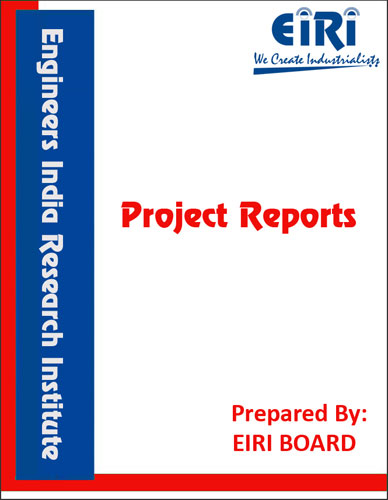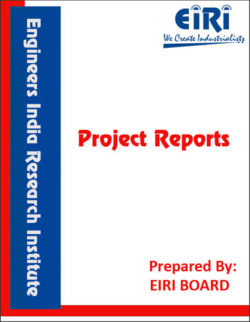GRANITE CUTTING AND POLISHING UNIT
The project report includes Present Market Position and Expected Future Demand, Market Size, Statistics, Trends, SWOT Analysis and Forecasts. Report provides a comprehensive analysis from industry covering detailed reporting and evaluates the position of the industry by providing insights to the SWOT analysis of the industry.
We can prepare PROJECT REPORT as per your INVESTMENT PLAN for BANK LOAN REQUIREMENT and INDUSTRY ANALYSIS. All reports are prepared by highly qualified consultants and verified by a panel of experts.
Have Query? Click Here to Chat
Industry Expert is Online, Chat with him for more detail.

Granite is an important structural and ornamental stone and because of its high compressive strength and durability, is extensively used for massive structural works like bridges, piers, sea and river walls, dams and monumental buildings, where excessive wear and abrasion is likely to occur. fine grained variety of granite that takes and preserves high polish and is susceptible of being carved is employed for ornamental and monumental works and also for inscription purposes. Granite is found in several parts of India with slight variations in the physical properties of the stone depending upon the grain size and the minerals that go into its formation.
Granite is available in different colours mostly in gray, motted grey, red, pink, dark, blue, white or green depending upon the colours desired and the permissible natural variations in colour and texture in detail or by naming the granite having the required characteristics.
Granite containing injurious mineral like pyridly and ause objectionable strain on the stone shall be executed.
Abrasives include a wide range of materials extensively used in almost every branch of industry for cutting, drilling, grinding and polishing. The materials employed are required to be hard, tough and sharp. The following are the principal natural abrassives and the forms in which they are used.
1. INTRODUCTION
2. MARKET POSITION
3. INFORMATION ON LICENSCING AND TRADE IN CERAMIC
INDUSTRY SCOPE OF LICENSING UNDER THE ACT
4. PROCESS OF MANUFACTURE
5. FLOW PROCESS FOR GLASS BOTTLES
6. PROCESS FLOW SHEET DIAGRAM
7. SUPPLIERS OF RAW MATERIALS
8. SUPPLIERS OF PLANT AND MACHINERY
APPENDIX – A :
1. COST OF PLANT ECONOMICS
2. LAND & BUILDING
3. PLANT AND MACHINERY
4. FIXED CAPITAL INVESTMENT
5. RAW MATERIAL
6. SALARY AND WAGES
7. UTILITIES AND OVERHEADS
8. TOTAL WORKING CAPITAL
9. COST OF PRODUCTION
10. PROFITABILITY ANALYSIS
11. BREAK EVEN POINT
12. RESOURCES OF FINANCE
13. INTEREST CHART
14. DEPRECIATION CHART
15. CASH FLOW STATEMENT
16. PROJECTED BALANCE SHEET



